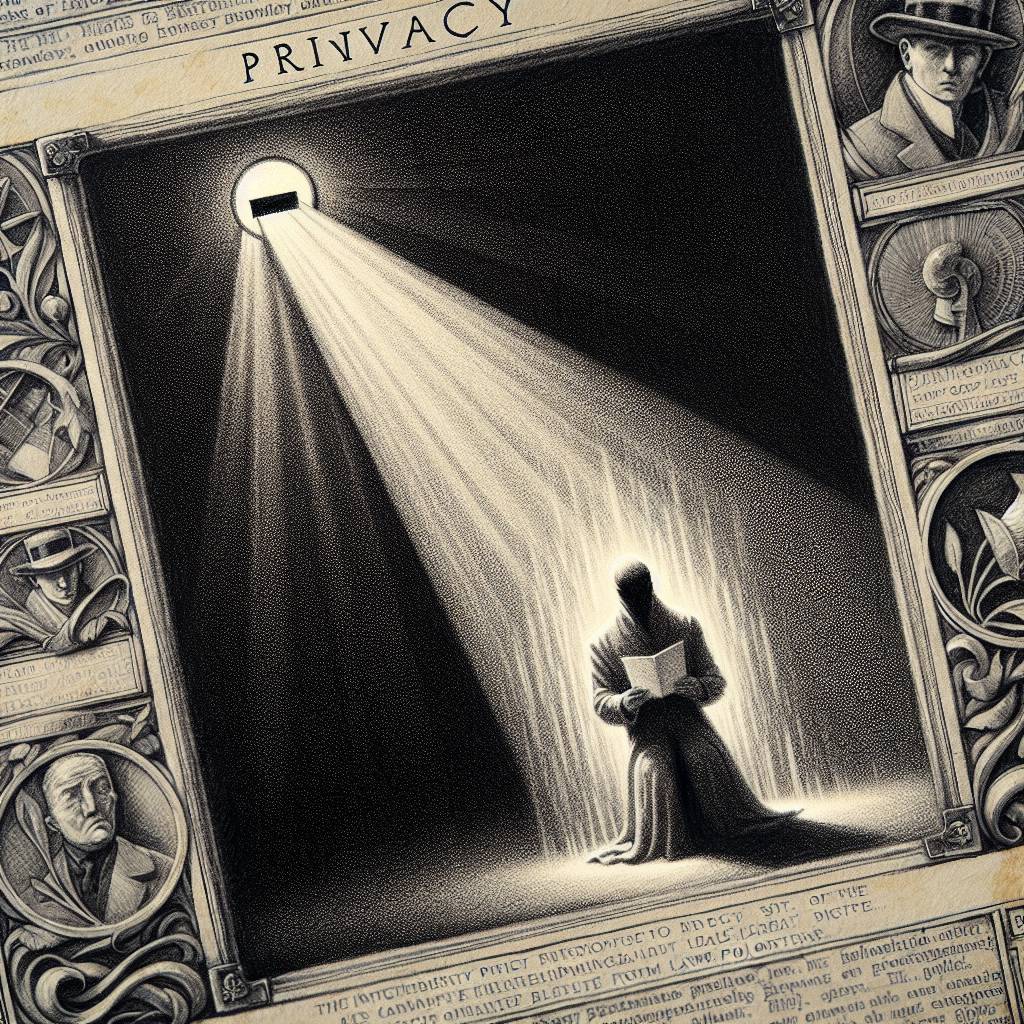Police and Your Online Data: How to Protect Your Privacy from Law Enforcement
Law enforcement can indeed access your online data, but fear not! There are steps you can take to improve online privacy. Remember, there’s no “cloud,” just someone else’s computer, and when the cops come knocking, it’s crucial your service provider knows how to stand up for your privacy.

Hot Take:
**_Can the cops get your online data? In short, yes. But don’t worry, you don’t need to wear a tin foil hat just yet! With a few strategic moves, you can still keep your secrets safer than the Colonel’s chicken recipe._**
Key Points:
– Law enforcement can access your online data through various legal processes, but there are ways to improve online privacy.
– Types of data that can be collected include subscriber information, metadata, stored content, and content in transit.
– Legal processes like subpoenas, court orders, search warrants, and super warrants are used to compel service providers to hand over data.
– Service providers can protect users by challenging requests, providing notice, minimizing data collection, and using end-to-end encryption.
– Users have options to protect themselves, such as choosing trustworthy services, adjusting privacy settings, and using privacy tools.
